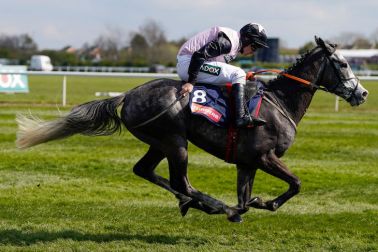Poetic licence
Sir: As a Welshman well-used to the prejudice and insults to which our ancient language and its speakers are often subjected, I read Lloyd Evans’s article (‘Language barrier’, 5 October) with some trepidation. Mercifully, my fears were allayed by a generally even-handed summary of some of the thorny issues that inspire debate in much of north-west Wales.
I confess that I have never understood why so many Englishmen seem to treat as a personal insult the existence of a language of such noble and ancient pedigree on the shores of the British Isles, or why its continued usage in everyday life should inspire such consternation. I have always found my native tongue and its literature to be endlessly fascinating, and the daily pleasure of reading, writing and conversing in Welsh to be thoroughly enriching. Its poetic vocabulary and syntax, which vary pleasingly among the many dialects, is surely one of the glories of British culture. I was relieved that Evans steered clear of the sniffy disdain that is so fashionable among the Anglo-Saxons.
I was disappointed, however, to see the myth perpetuated that Welsh is an unusually difficult language to learn. My French brother-in-law, the speaker of fluently erudite Welsh and a student of Russian, Arabic, German, Italian and Finnish, tells me that Welsh compares rather favourably.
Puzzlingly, Evans also suggested that we Welsh struggle to agree on the correct pronunciation of place names. The various ways in which it was alleged that my hometown of Tywyn (in whose handsome church may be found an 8th-century Welsh inscription) can be pronounced came as news to me. Its spelling, though, is a matter of long-standing controversy.
Ceri H.








Comments
Join the debate for just £1 a month
Be part of the conversation with other Spectator readers by getting your first three months for £3.
UNLOCK ACCESS Just £1 a monthAlready a subscriber? Log in